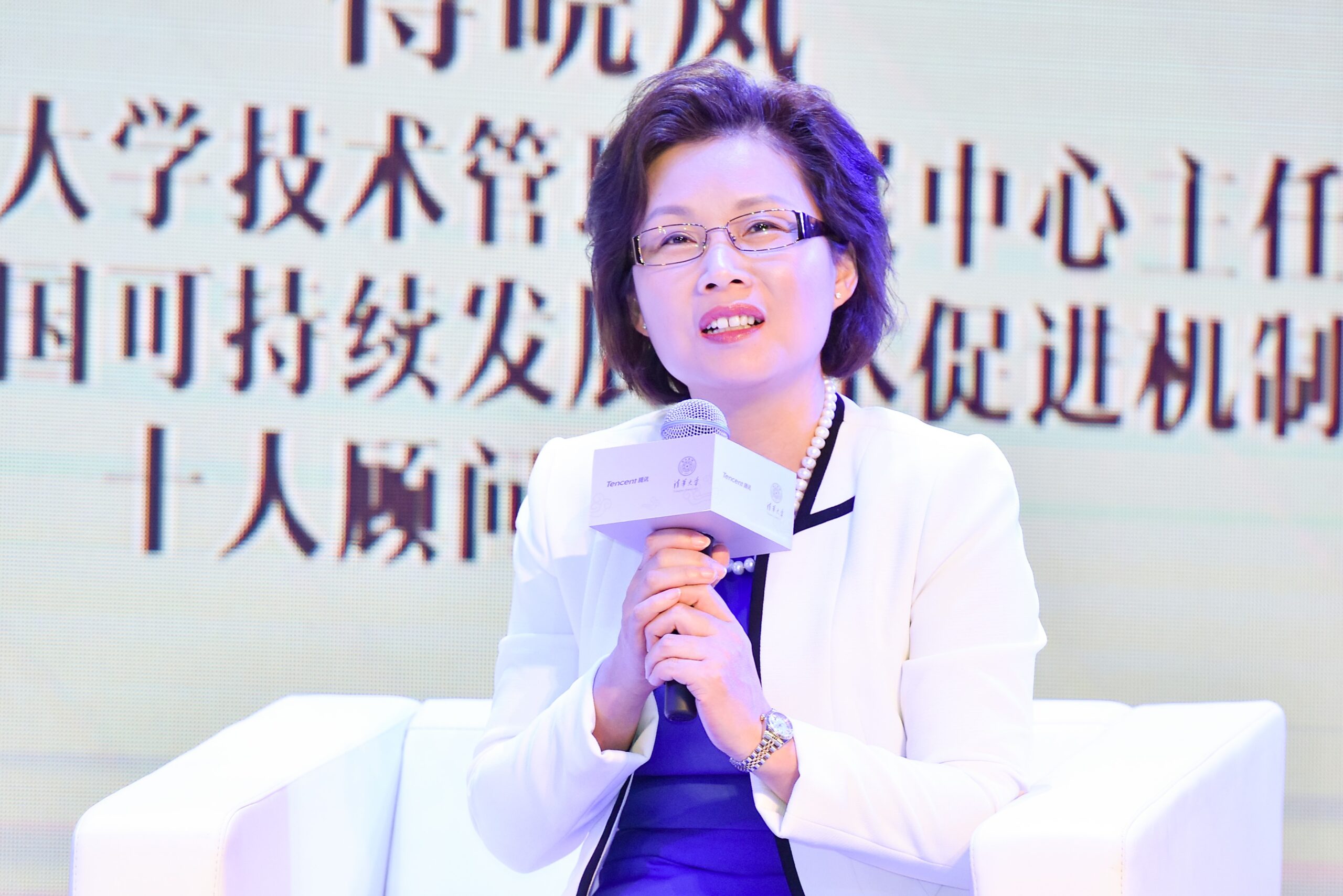Xiaolan Fu is a professor of technology at Oxford University and the founding director of the university’s Technology and Management Centre for Development. She is the university’s director of research in the Department of International Development and the founder of OxValue.ai, an organization that specializes in technology transfer and in helping investors and research analysts value technology.
A winner of the 2021 Falling Walls Scientific Breakthrough Award, Fu’s recent books include the Oxford Handbook of China Innovation (2022), Innovation Under the Radar: The Nature and Source of Innovation in Africa (2020), China’s Path to Innovation (2015), China’s Role in Global Economic Recovery (2011), and The Rise of Technological Power in the South (2010).
Fu was appointed by the Secretary-General of the United Nations to the Governing Council of the Technology Bank for the Least Developed Countries and to the Ten-Member High Level Advisory Group of the UN Technology Facilitation Mechanism. She was a speaker at the Pundits, Professors and Predictions Dinner at the World Economic Forum’s Annual Meeting of The New Champions in Tianjin, China on June 28, which was moderated by The Innovator’s Editor-in-Chief. During an interview at the conference, Fu spoke to The Innovator about innovation in China.
Q: How is innovation in China evolving?
XF: Innovation and modernization will be the main driving forces behind the next wave of growth in the Chinese economy. Some have the view that the state is the sole engine of innovation, which is not true. The private sector also plays a very important role. What makes China’s open national innovation system unique is that it is built on two drivers – the open market and the state – and also that it benefits from the domestic and international markets. Combining domestic and global innovations and the state and private enterprise helps the country move like a car with two engines and allows a latecomer like China to innovate at a faster pace than existing conventional models. The question is how fast can China make a complete shift to an innovation economy?
Q: How is China faring in the race to dominate new technologies such as AI, quantum computing and clean tech?
XF: In terms of novelty in AI and quantum the U.S. is still ahead. Although China is getting closer, the quality of research is still not at the same level. The U.S. and Europe are in another league. That said China has made significant progress in the last 10 years in science and technology and innovations. It has become the world’s second ranked country in terms of R&D expenditure, only behind that of the U.S. You can see the progress in the number of scientific publications. China has also made major inroads in renewable energy over the past 10 years. There is an awareness of the importance of climate change and more emphasis on clean tech, which represents a green window of opportunity. China is one of the global leaders on quantum when it comes to investments, startups, and applications, and is particularly strong in quantum communications. In AI it is one of the top two players in the world. In the past, innovation in China involved tech transfer or acquisition from foreign sources. Now domestic innovation is much more widespread and touches the whole economy, including small and medium-sized companies.
Q: What is the impact both inside and outside of China?
XF: If we look at the good things in China’s digital sector the combination of digital and business model innovation has enabled new entrepreneurial opportunities to help lower income people become entrepreneurs and start their business while content on sites like Tiktok allows people in the poorer and mountainous regions to sell their products directly overseas. There is a largely positive spillover to the rest of the world. China has served as a kind of digital window for developing countries in Africa and Southeast Asia. What’s more China is a strong contributor to the global knowledge pool in basic research and hard science, in areas like clean tech R&D and in product and business model innovations that provide consumers with alternatives. In the telecommunication sector, for example, with the competition from the Chinese firms Ericsson and Nokia need to work harder to innovate and cut costs. Overall, the world is better when there is more innovation and more affordable technologies. In Africa, in terms of the continent’s technological development and mobile phone penetration, China’s contribution has been largely positive. There is also positive collaboration between scientists in China and the U.S. and Europe. I worry about the impact of potential decoupling on the whole world of research, science, and technology. We need the political realm to recognize the benefits of knowledge exchange and talent exchange while ensuring better governance to make sure innovation goes in the right direction, that the benefits are distributed fairly, and that IP is protected.
Q: These days there is lots of talk about the need for AI governance but the conversation is dominated by the West.
XF: There is a lot of common ground on AI governance in areas such as transparency. Discussions should be led by global institutions like the United Nations and international standards organizations so that every country, no matter the size, has a voice.
Q: What lessons could other countries take away from China’s approach to innovation?
XF: It is important for developing countries to cultivate the open national innovation system that combines indigenous innovation efforts and capability building with various channels of international collaboration. This is even more critical in an era of addressing grand challenges. To achieve this, sustained efforts to enhance R&D capacity, human capital and digital infrastructure are necessary. In addition other countries need to pay attention to and make orchestrated efforts to seize windows of opportunities presented by green and digital transformation.
This article is content that would normally only be available to subscribers. Sign up for a four-week free trial to see what you have been missing.







